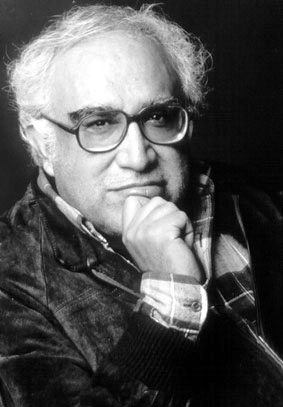Contents
- Incumbents
- Federal government
- Supreme Court
- Governors
- Events
- Popular culture
- Sports
- Music
- Film
- Literature
- Births
- Deaths
- References
| |||||
| Decades: | |||||
|---|---|---|---|---|---|
| See also: | |||||
Events in the year 1938 in Mexico.
| |||||
| Decades: | |||||
|---|---|---|---|---|---|
| See also: | |||||
Events in the year 1938 in Mexico.
Events in the year 1920 in Mexico.
Events in the year 1934 in Mexico.
Events in the year 2002 in Mexico.

Carlos Monsiváis Aceves was a Mexican philosopher, writer, critic, political activist, and journalist. He also wrote political opinion columns in leading newspapers within the country's progressive sectors. His generation of writers includes Elena Poniatowska, José Emilio Pacheco, and Carlos Fuentes. Monsiváis won more than 33 awards, including the 1986 Jorge Cuesta Prize, the 1989 Mazatlán Prize, and the 1996 Xavier Villaurrutia Award. Considered a leading intellectual of his time, Monsiváis documented contemporary Mexican themes, values, class struggles, and societal change in his essays, books and opinion pieces. He was a staunch critic of the long-ruling Partido Revolucionario Institucional (PRI), leaned towards the left-wing, and was ubiquitous in disseminating his views on radio and television. As a founding member of "Gatos Olvidados", Monsiváis wanted his and other "forgotten cats" to be provided for beyond his lifetime.

María del Pilar Pellicer López de Llergo was a Mexican actress. At the 17th Ariel Awards, she won the Ariel Award for Best Actress for her performance in the film La Choca (1974).
Events in the year 1936 in Mexico.
Events in the year 1950 in Mexico.
Events in the year 1951 in Mexico.
Events in the year 1952 in Mexico.
Events in the year 1998 in Mexico.
Events in the year 1954 in Mexico.
Events in the year 1955 in Mexico.
Events in the year 1956 in Mexico.
Events in the year 1997 in Mexico.
Events in the year 1988 in Mexico.
Events in the year 1980 in Mexico.
Events in the year 1999 in Mexico.
Events in the year 1972 in Mexico.

Francisco José Múgica Velázquez was a Mexican military revolutionary, major general and politician. He participated in the Constituent Congress of 1917 that produced the Constitution of Mexico. Notable for being a radical ideologue, he served governor of the states of Tabasco and Michoacán as well as the then-Territory of Baja California Sur and Islas Marías. Múgica was the ideological mentor to Lázaro Cárdenas after the military phase of the Revolution and served as member of Cárdenas's cabinet when he was president (1934–40), heading the secretariats of National Economy and Communications and Public Works.